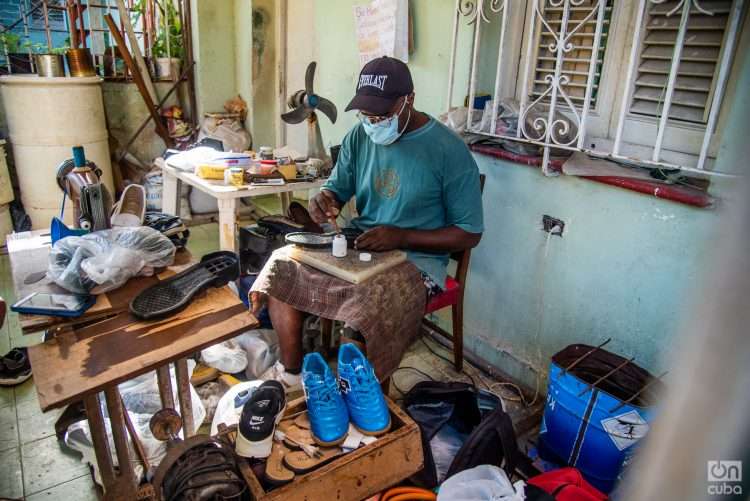A total of 106 applications for the creation of micro, small and medium-sized enterprises (MSMEs) were approved this Wednesday by the Cuban Ministry of Economy and Planning (MEP), bringing the number of this new type of enterprise to 5,061.
The expansion of the private sector on the island has sustained gradual growth since the implementation of the measure in September 2021, and of the new economic actors that have received the green light to operate, 4,952 belong to that sector, according to data released by the MEP through its Twitter account.
El Ministerio de Economía y Planificación (MEP) aprobó hoy 106 solicitudes de creación de micro, pequeñas y medianas empresas privadas.
— Ministerio de Economía y Planificación de Cuba (@MEP_CUBA) September 7, 2022
The ministry reported that another 51 are state-owned and the non-agricultural cooperatives implemented so far amount to 58. According to their origin, 53% of the total were established from pre-existing businesses, and the rest corresponds to new ventures.
With this progressive expansion strategy, the MEP estimates that these economic actors have the capacity to create 86,448 new jobs.
Another data updated by the governing body of the Cuban economy shows that 131 recently created MSMEs are part of local development projects and 12 are in the Science and Technology Park of Havana
MSMEs, whether private or state-owned, are part of the current economic scenario on the island, and coexist with non-agricultural cooperatives, self-employment and the socialist state enterprise, considered by the government to be the main actor in the Cuban economy.
The legislation allows them to have one or more partners, to be constituted as trading companies and to be classified depending on the number of employed persons as: micro enterprise, whose employed range is from one to 10 persons; small enterprise, from 11 to 35; and medium-sized enterprise, from 36 to 100 people.
The new ventures have been given their own legal status, can export and import through state entities, and have been authorized for activities related to accommodation, beauty services, food production, manufacturing, information technology, logistics and transportation, among others.
However, they cannot access spheres considered strategic for the State, such as health, telecommunications, defense and the press.
By boosting private initiative, the government hopes to revitalize the economy, immersed in a long and serious crisis that has been exacerbated by the impact of the COVID-19 pandemic, the extension of the economic and financial embargo imposed by the U.S. administration, and the little impact of other measures adopted to overcome the complex situation.











Who’s eligible for this MSME
A non Cuba resident can get this license